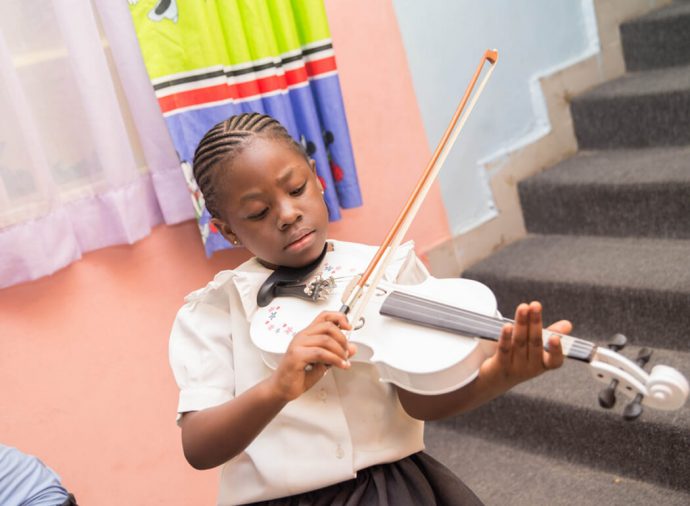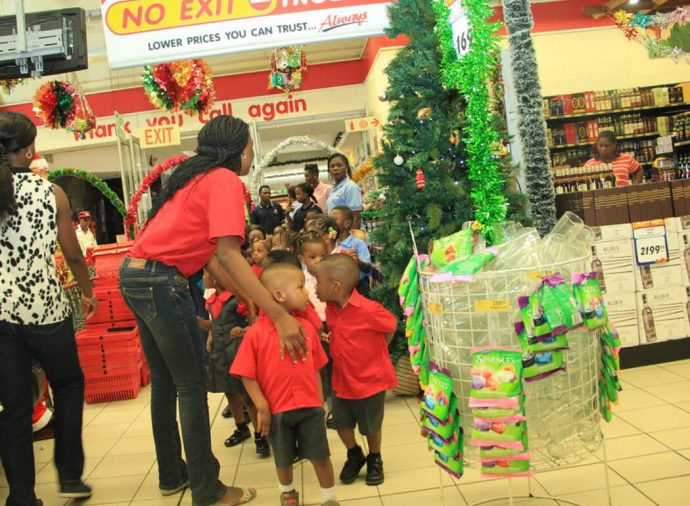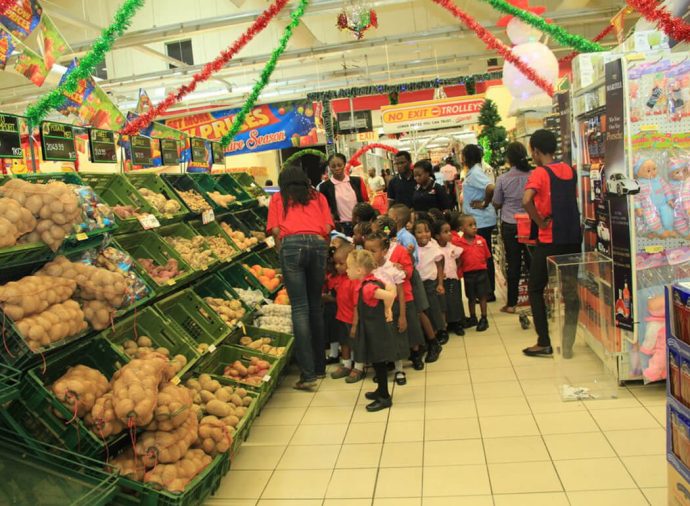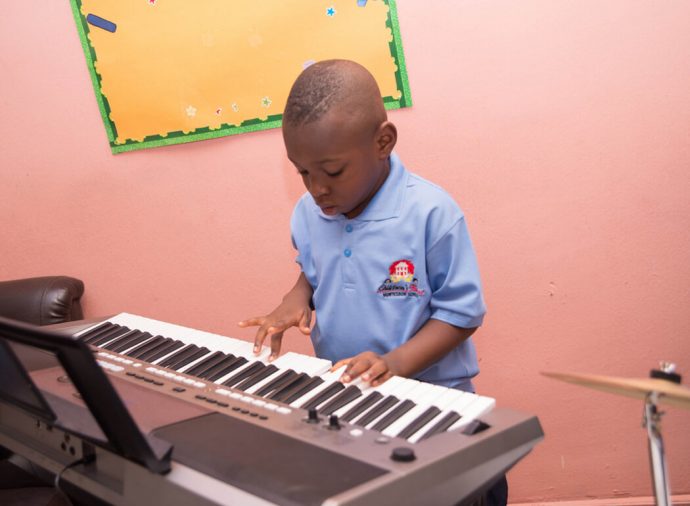-
How to Enroll Your Child to a Class?
-

-
Montessori objectives and overview
The objective of this method is to help the child achieve his/her fullest potential, mental ability by carefully preparing a learning environment to meet the child’s needs. The child uses materials designed to assist growth in practical life, sensorial, mathematic, language, cultural, arts, music, science and geography.
This programme is based on the philosophy of Dr.Maria Montessori ,a noted Italian educator and physician (1870 – 1952) who revolutionized early individual childhood education by advocating that, children be allowed the freedom to explore and develop their own creative potential through a wealth of self teaching educational materials found today in the Montessori classrooms over 100 years ago. They include hands on mathematical materials and activities to develop the child’s sensory perceptions and refine his sense of awareness. Many exercises are designed to allow young children practice skills they will need for daily living and self help. Materials illustrating principles of geography, botany, zoology and culture help to nurture the child’s avid interest .All of these areas are explored with concrete objects, tactile experiments, classification and identification.
-
The children readily take up these reality based purposeful ‘work’ designed to develop mental and manual dexterity. Children also develop the tools for a life time of creative learning.
-
What make Montessori education unique?
-
The primary goal of the Montessori Method is to help each child reach his/her full potential in all areas of life. This is called the’’ the whole child” approach to learning. Activities promote the development of social skills, emotional growth and physical coordination as well as cognitive preparation.
The holistic curriculum allows the child to experience the joy of learning and to develop self esteem and independence. In order for self directed learning to take place, the whole learning environment, room, materials and social climate must be supportive of the learner, called the “prepared environment”. The directress provides necessary resources, including opportunities for children to function in a safe and positive climate. The directress thus gains the child’s trust, which enables them to try new things and build self confidence.Dr.Montessori’s observation of the kind of “toys” which children enjoy and return to play with repeatedly led her to design a number of multi- sensory sequential and self correcting materials which facilitate the learning of skills and concepts.
Our teachers follow the Montessori principles as they structure new activities for classrooms. Originally called a “directress”, the Montessori teacher sometimes called a guide, functions as a facilitator of learning. She is a role model, a designer of the environment, resource person, demonstrator, record keeper and observer of each child’s growth and development.
-
She encourages respect and loves each child as a special, unique individual. She also provides support for parents and joins them in a partnership to nurture the development of the child.
This programme is based on the philosophy of Dr.Maria Montessori ,a noted Italian educator and physician (1870 – 1952) who revolutionized early individual childhood education by advocating that, children be allowed the freedom to explore and develop their own creative potential through a wealth of self teaching educational materials found today in the Montessori classrooms over 100 years ago. They include hands on mathematical materials and activities to develop the child’s sensory perceptions and refine his sense of awareness. Many exercises are designed to allow young children practice skills they will need for daily living and self help. Materials illustrating principles of geography, botany, zoology and culture help to nurture the child’s avid interest .All of these areas are explored with concrete objects, tactile experiments, classification and identification.
The children readily take up these reality based purposeful ‘work’ designed to develop mental and manual dexterity. Children also develop the tools for a life time of creative learning.
-
How does it work?
-
Each Montessori class operates on the principle of freedom within limits. Every presentation has its set of ground rules which differs from age to age, but it is always based on core Montessori beliefs, respect for each other and the environment. Children are free to work at their own pace with materials they have chosen either alone or with others. The teacher relies on her observations of the child to determine which new activity and material she may introduce to individual children or to a small or large group.
-
The aim is to encourage active, self –directed learning and to strike a balance of individual mastery with small group collaboration within the whole group community. The three years age span, which comprises of vertical grouping in each class, provides a family like grouping where learning can take place naturally. More experienced children share what they have learnt while reinforcing their own learning, because of this, peer group learning is intrinsic to Montessori. There are often more conversation/language experiences in the Montessori classroom than in conventional early educational settings.
-
See Our Photo Gallery!




